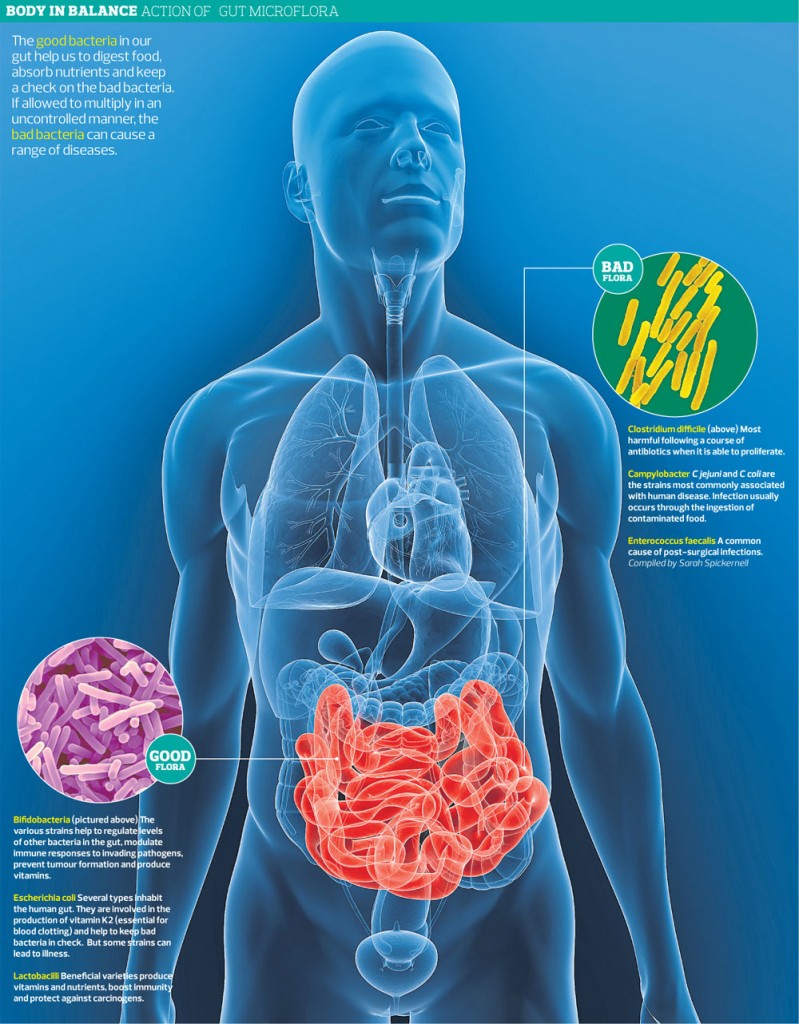Nanoparticles are known to be toxic to beneficial bacteria that break down substances in the gut. Writing in Environmental Engineering Science, researchers say that exposure to metal oxide nanoparticles at levels present in consumer products, foods and drinking water could lead to measurable changes in the gut microbiota.
For years, a rapidly expanding quantity of engineered nano-products have flooded the consumer marketplace and are unregulated as evidence of toxicities accumulate.
Nanotechnologies are technologies at the scale of nanometres (10-9m), where new quantum effects can alter the chemistry and physics of elements and compounds, offering exciting new possibilities in industrial applications, and for exactly the same reasons, posing unprecedented risks to health and the environment.
Writing in Environmental Engineering Science, researchers used a model of the human gut to test how exposure to three different nanoparticles (NP) that are commonly used in consumer products – zinc oxide, cerium dioxide, and titanium dioxide — affects the make-up of the bacterial communities in our gut (known as the microbiota).

